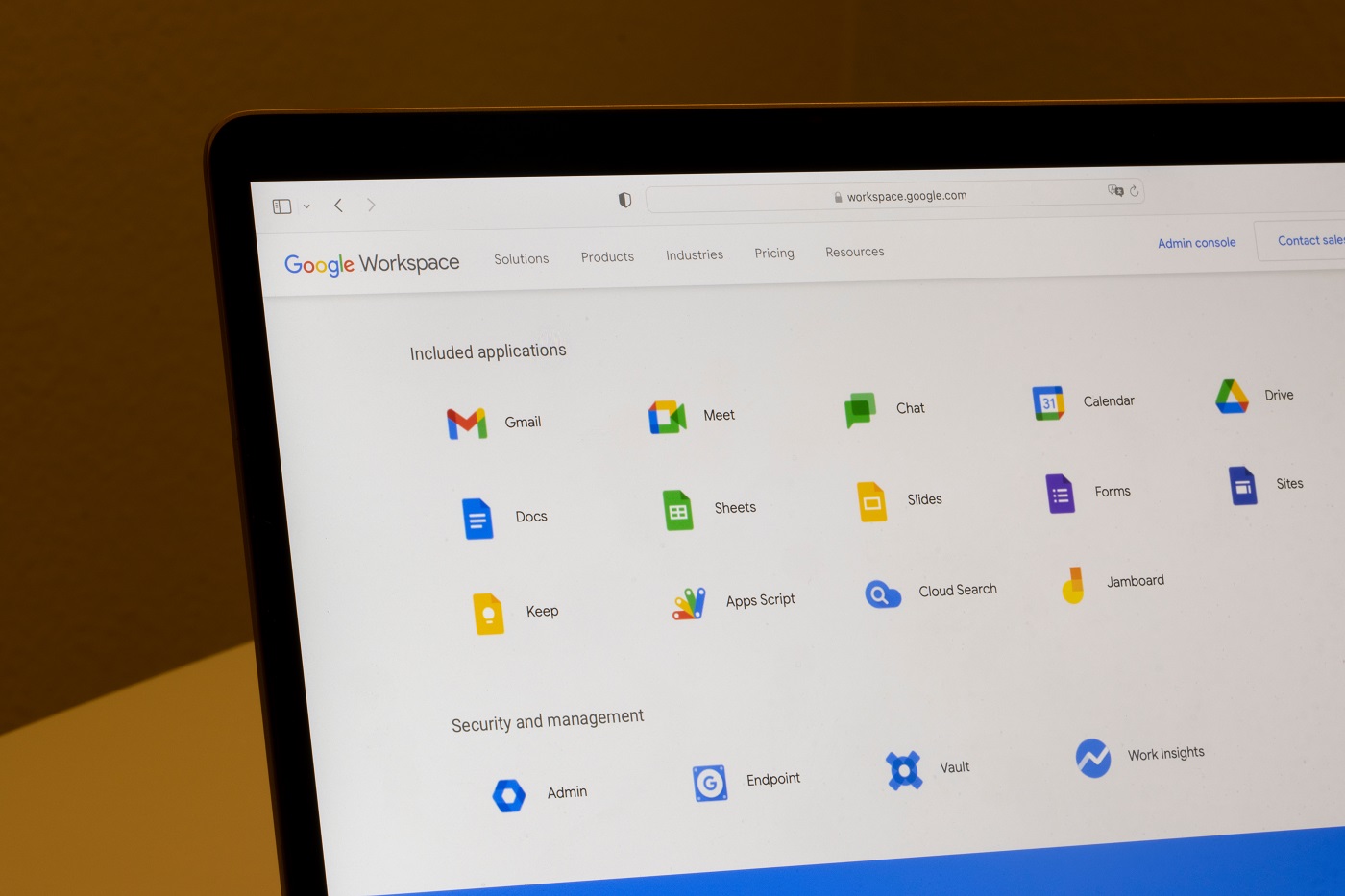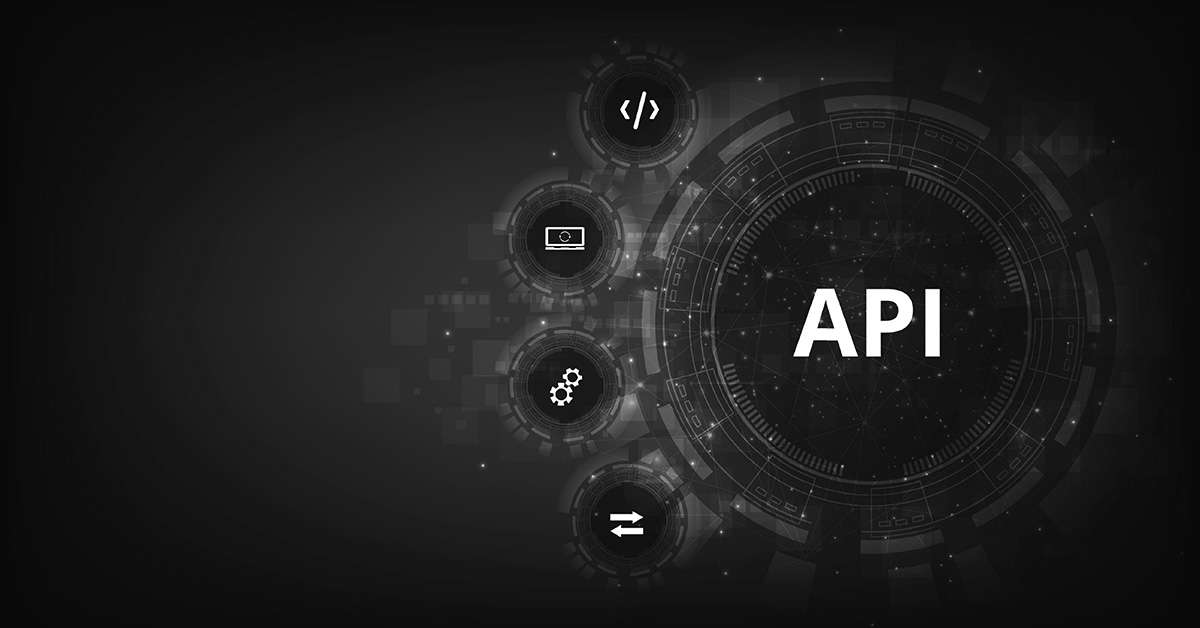2024 cybersecurity shifts to be driven by AI & APIs
In an era where technology permeates every aspect of life, Karl Mattson, Field CISO at Noname Security, places the spotlight on the trending topics he predicts will shape the cybersecurity landscape in 2024. Mattson’s projections span geopolitical conflict, artificial intelligence (AI), the AI industry, and API regulation, drawing on a year characterised by “seismic” change in cybersecurity, accelerated by AI adoption and geopolitical complexities.
Significant is the convergence of real and digital battlefields, where cyber warfare stands as a prominent aspect of a nation’s strategies in large scale conflicts. Mattson foresees a surge in cyber risks and the evolution of more sophisticated countermeasures, instigated by the broadening application of cyberattacks targeting critical infrastructure with an aim to impede a nation’s operation on the ground. This escalation in cyber threats reinforces the urgency for fortified security measures and comprehensive global cooperation, to ensure risks are mitigated effectively.
Artificial Intelligence (AI) is set to immensely disrupt the cybersecurity sphere, as demonstrated by the pioneering ChatGPT’s launch, which extended AI’s appeal and functionality from niche markets to the public sphere. However, as AI tools become increasingly accessible, they equip malevolent actors with enhanced capabilities to supplement their cyberattacks. Mattson predicts, “AI will likely enable an increase in the sophistication and scalability of attacks,” underscoring the dual nature of this technology.
Moreover, Mattson stipulates that the reality of AI technology development and its surrounding industry will possibly witness their most tumultuous year in 2024. This will primarily transpire due to an evident divide between the public and private sectors. Government regulations are progressively circumscribing and scrutinising AI technologies due to their burgeoning potential, leading to the establishment of policies and safety summits. This has created a chasm between government-regulated and unregulated entities, necessitating different companies to align their own policies on AI technologies.
Regulation in 2024 will also shape the world of…




